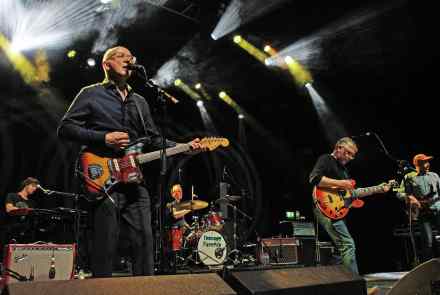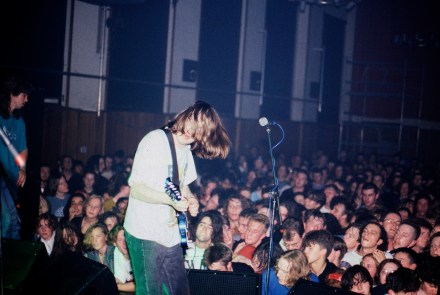Teenage Fanclub are not a dramatic group, but they are lovely
They may no longer get many teenagers at their shows spending all their money on merchandise, then throwing up on the way home, though that certainly happened at the end of the 1980s, when they began, but people do love Teenage Fanclub. Their teenage fans are now middle-aged, and have spent the intervening years growing up with the band. They’ve listened as the group started singing about parenthood, long-term relationships, ageing, and they’ve stayed with a group who reflected their own lives back at them. The music, too, has changed. Where the early Fanclub records were sparky, messy alt-rock, they have spent the decades refining themselves so their songs are




